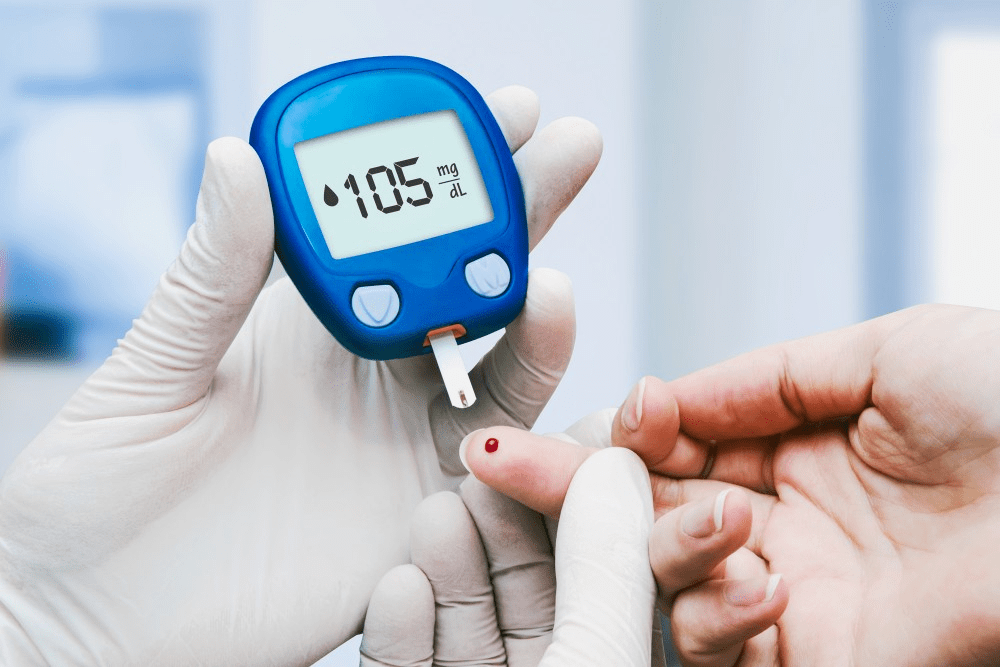Diabetes affects millions of people in the United States and requires proper understanding for effective management. This chronic condition impacts how your body processes blood sugar, leading to various health complications if left untreated. A diabetes specialist plays a central role in managing this condition. Learning about diabetes symptoms, causes, and treatment options helps you make informed decisions about your health and care.
What Is Diabetes?
Diabetes is a chronic medical condition characterized by elevated blood sugar levels. The condition occurs when your body cannot produce sufficient insulin or cannot effectively use the insulin it produces. A diabetes specialist can help determine which type of diabetes you have through comprehensive testing and evaluation. They assess your medical history, symptoms, and laboratory results to provide an accurate diagnosis.
There are several types of diabetes. Type 1 diabetes is an autoimmune condition where the immune system attacks insulin-producing cells in the pancreas. Type 2 diabetes occurs when the body becomes resistant to insulin or doesn’t produce enough insulin. Gestational diabetes develops during pregnancy and typically resolves after childbirth.
What Causes It?
Type 1 diabetes results from a combination of genetic factors and autoimmune responses that destroy insulin-producing beta cells in the pancreas. Type 2 diabetes develops due to a combination of genetic predisposition and lifestyle factors. Risk factors include obesity, physical inactivity, poor diet, age, and family history of diabetes. Gestational diabetes occurs when hormonal changes during pregnancy affect insulin function.
What Are the Symptoms?
Diabetes symptoms can develop gradually or appear suddenly, depending on the type and severity of the condition. Common symptoms include excessive thirst, frequent urination, and unexplained weight loss. Individuals may also experience increased hunger, fatigue, and blurred vision.
Additional symptoms may include slow-healing cuts or wounds, frequent infections, and tingling or numbness in the hands and feet. Some individuals notice dark patches of skin, particularly around the neck or armpits. These symptoms occur because high blood sugar levels affect various body systems and functions.
What Are the Treatment Options?
Diabetes treatment focuses on maintaining blood sugar levels within target ranges through various approaches. The specific treatment plan depends on the type of diabetes, severity of symptoms, and individual patient factors. A diabetes specialist collaborates with patients to develop personalized treatment plans.
Lifestyle Adjustments
Lifestyle modifications form the foundation of diabetes management. Dietary changes include focusing on balanced meals with controlled carbohydrate intake, regular meal timing, and portion control. Physical activity helps improve insulin sensitivity and blood sugar control through regular exercise routines. Losing weight can also help improve blood sugar control and reduce the risk of complications.
Prescription Medication
Various medications are available to help manage diabetes effectively. These medications may help reduce glucose production by the liver and improves insulin sensitivity. A diabetes specialist monitors the effectiveness of medicines and adjusts prescriptions as needed. Regular follow-up appointments help track progress and modify treatment plans.
Insulin Therapy
Insulin therapy is necessary for all individuals with Type 1 diabetes and some with Type 2 diabetes. Blood glucose monitoring helps determine appropriate insulin doses and timing. The insulin regimen depends on individual needs, lifestyle, and blood sugar patterns.
See a Diabetes Specialist Today
Understanding diabetes symptoms, causes, and treatment options helps you take proactive steps for your health. Early diagnosis and proper management can prevent complications and improve quality of life. Regular monitoring and adherence to treatment plans are necessary for successful diabetes management. If you suspect you have diabetes or need better management of your current condition, consult with a diabetes specialist.
- Zirconia Cap Price: Estimated Cost & Its Long-Term Benefits
- FREHF – The Revolutionary Future Of Human-Centered Technology!
- Adsy.Pw/Hb3 – Boost Your SEO And Drive More Traffic!
- Fitness Based Vacations By Timeshealthmage.com!
- TimesHealthMag Tips For Improving Sleep Quality – Expert Advice For Better Rest!


Leave a Reply